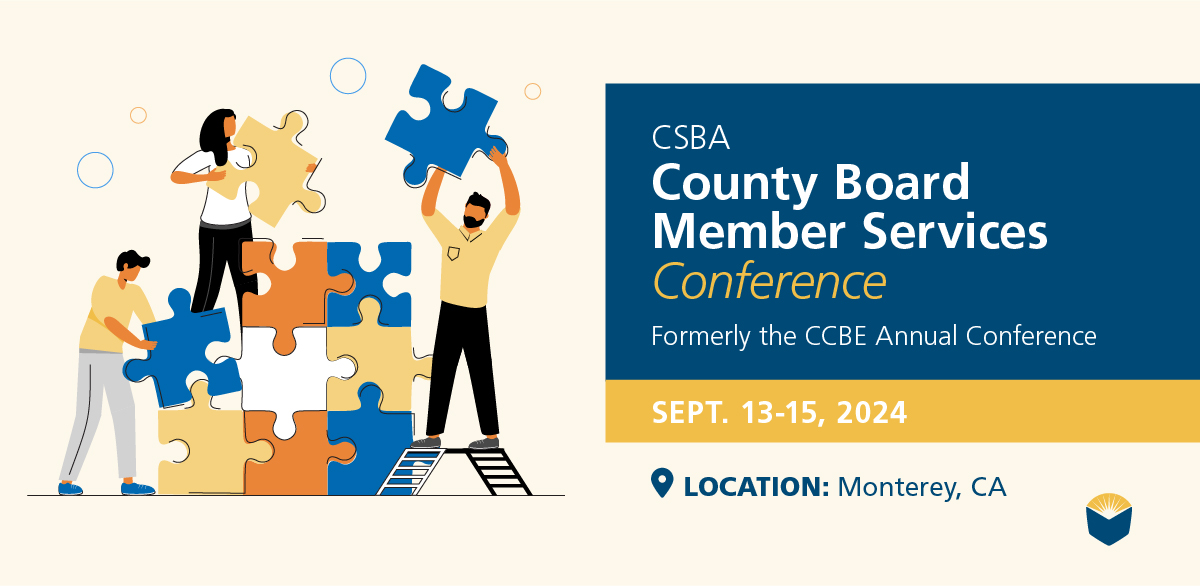Media literacy resources and Model School Library Standards as they relate to curriculum framework revisions were among the topics discussed at the May 16 Instructional Quality Commission meeting. Commissioners also received an update on California Arts Education Framework implementation and information on the California Department of Education’s Clearinghouse for Specialized Media & Technology (CSMT) offerings.
If students are expected to be capable online learners and engaged participants in society, they need to possess the necessary skills, Renee Ousley-Swank, California Department of Education school library technology consultant, explained during her presentation on media literacy. Digital literacy is crucial to these goals. Recently passed and currently proposed legislation reiterate this desire.
While media literacy is defined as the ability to access, analyze, evaluate, create and act using all forms of communication; digital literacy deals with the ability to use information and communication technologies to find, evaluate, create and community information — which requires cognitive and technical skills.
Resources to support LEAs and teachers in these efforts are available from the CDE, the State Board of Education and the California State Library.
Assembly Bill 873, adopted in 2023, requires the IQC to consider incorporating the Model School Library Standards adopted by the SBE in 2010 into the English Language Arts/English Language Development (ELA/ELD) curriculum framework when it is revised next and consider incorporating media literacy content at each grade level. Commissioners will also consider adding media literacy content to the mathematics, science, and history-social science curriculum frameworks when revisited.
Intended to further the media literacy movement, AB 2876 proposes that a definition for artificial intelligence (AI) be added to California Education Code and would require the IQC to consider incorporating media and AI literacy content into specified instructional materials and curriculum frameworks.
Arts framework
Proposition 28, the Arts and Music in Schools Funding Guarantee and Accountability Act, has brought the California Arts Education Framework back to center stage. Prop 28 was approved by voters in 2022 and required the state to create an ongoing program to support arts instruction in schools beginning in the 2023–24 academic year. Money began to flow into schools in February.
The framework serves as a guide for local educational agencies as they roll out or expand offerings.
Letty Kraus of the California County Superintendents Statewide Arts Initiative and Kris Alexander of the California Arts Project Network explained efforts to launch the framework and build awareness and leadership capacity to support its implementation. An online hub providing resources such as infographics, cultural and community assets, videos of key concepts , and customizable presentation slides was created. Resources were developed to make the information easily digestible.
On an ongoing basis, work is being done to further leadership capacity for districts, schools and classrooms; circulate the resource hub; and provide professional development.
Jenna Polhemus, CDE education administrator, noted that, as commissioners prepare to participate in processes related to the mathematics framework revision in the near future, aspects of the arts education framework rollout may be applied.
CSMT
CDE Education Administrator Marla Clayton Johnson reviewed how the IQC’s upcoming activates around mathematics instructional materials adoption — including reviewing findings on publisher and content developers’ submissions and making recommendations to the SBE — will impact the Clearinghouse for Specialized Media & Technology (CSMT), which produces accessible versions of SBE-adopted textbooks, workbooks and literature books.
Once the SBE approves instructional materials for math in late 2025, the CSMT will act to ensure all print-based materials are made accessible for students who are legally blind or have visual impairment. Print-based materials are the focus as digital resources are required to meet accessibility requirements by Education Code.
A recording of the May 16 meeting will be available to view here. Commissioners are scheduled to meet next July 17-18.





